There's more news on the horizon for Fri-el Green House, a member of Op Cio, the Interregional Fruit and Vegetable Consortium, known for its H2Orto brand. Based in Ostellato, in the Emilia-Romagna region, Italy, the company operates 30 hectares of hydroponic greenhouses. According to Davide D'Ignoto, Sales Manager at the producers' organization Op Cio: "The company has maintained strong momentum even during the traditionally slower summer months. We were, and still are, in full production. I don't recall a July or August with so many requests and orders, even close to mid-August."
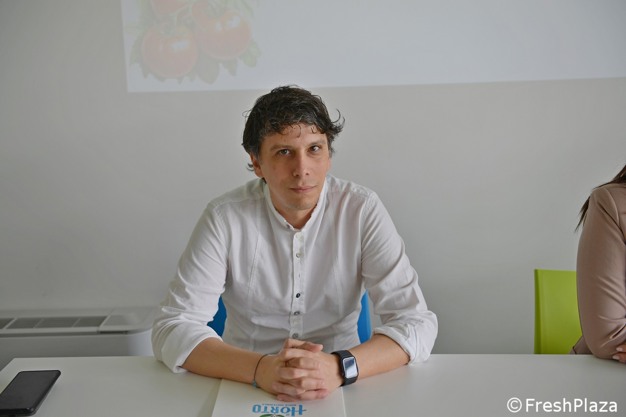 Sales Manager Davide D'Ignoto
Sales Manager Davide D'Ignoto
"During the summer, we worked on our entire product range, including snack cucumbers, long cucumbers, and all tomato varieties, such as mini plum, cluster (including the premium version), cocktail, oblong, and datterino. Regarding sales, the trend was exceedingly favorable. Prices have shown greater stability than in previous years, undoubtedly contributing to the market's solidity.
Further innovations are also in the works, as the manager explains: "The outlook for the fall is excellent. We're currently focused on strengthening and broadening our programs in collaboration with our clients. In addition to the aforementioned varieties, we will introduce new ones, including two types of cherry: a standard, highest-quality, nickel-free version and a premium cherry with extraordinary organoleptic and taste characteristics. We are convinced that these novelties will be very satisfying."
Development strategies
The Territorial Development Project was presented a few weeks ago. The project involves expanding Fri-el's hydroponic greenhouses in Ostellato. The plant currently employs about 600 people, and the project plans to construct an additional 30 hectares of greenhouses. This expansion will create 400 new job positions. The project also includes plans to build a geothermal plant that will provide thermal energy for the production process from a renewable source. This innovation will allow the greenhouses to be heated year-round by storing summer heat to meet peak winter demand.
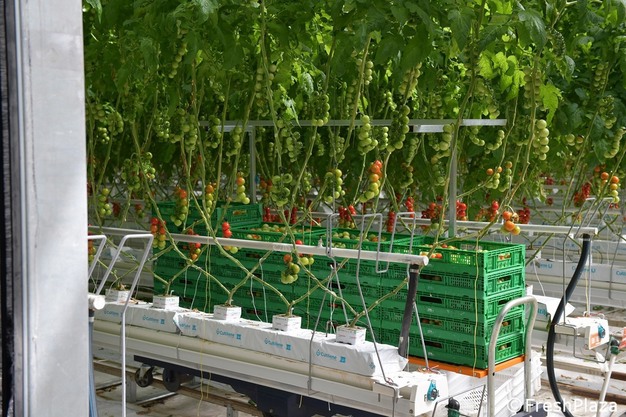 © Cristiano Riciputi | FreshPlaza.com
© Cristiano Riciputi | FreshPlaza.com
Additionally, the purchase of the former Comacchio sugar refinery is planned, followed by the renovation and conversion of its buildings. Plans are also in place to establish a zero-impact tourist and recreational center of excellence in Portomaggiore, which is also in the province of Ferrara. This project is part of a larger initiative to implement territorial welfare policies to address the ongoing issue of depopulation. These policies include measures to improve mobility between neighboring municipalities, renovate buildings to encourage new households to settle there, and develop energy communities.
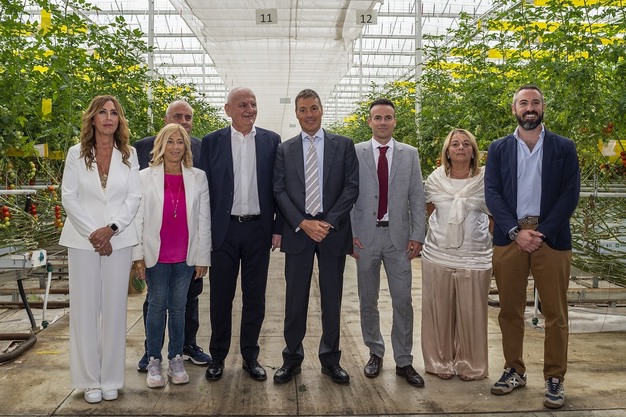 © Pierluigi BeniniGroup photo taken during the project presentation conference (Photo by Pierluigi Benini)
© Pierluigi BeniniGroup photo taken during the project presentation conference (Photo by Pierluigi Benini)
These are the main elements of the new Territorial Development Project in the Lower Ferrara District (Basso Ferrarese). The project brings together Fri-el Green House, the municipalities of Ostellato, Portomaggiore, and Comacchio, and the S.i.Pro. (the Provincial Agency for Territorial Development), and the Emilia-Romagna Region to work on development projects.
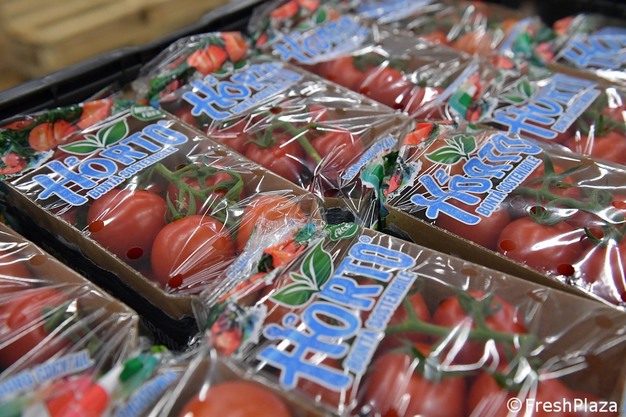 © Cristiano Riciputi | FreshPlaza.com
© Cristiano Riciputi | FreshPlaza.com
"This project aims to revitalize an overlooked area by promoting innovation, sustainability, and inclusion as drivers of development," says Florian Gostner, the CEO of Fri-El Green House. "We chose to invest in the Lower Ferrara District because we strongly believe in its potential, its workforce, and its environmental and cultural richness. We also believe in creating a sustainable model for territorial regeneration that can be replicated elsewhere."
Alternative energy, tourism, and housing policies
Recently, Fri-El agreed with the S.i. Provincial Agency for Territorial Development, to purchase the former sugar refinery in Comacchio, a town known for its lagoons. A new photovoltaic plant will be built on the site to produce 24 megawatts of energy. Run-down buildings will be renovated and restored for service activities and public use, including an equipped public park. Following the model used for the former sugar refinery, Fri-El plans to revitalize unused areas in the Lower Ferrara District by installing photovoltaic systems and creating new, usable spaces. This will breathe new life into areas that have been unused for decades. One such area is the abandoned property owned by the company Conserve Italia in Portomaggiore. Discussions regarding its acquisition are underway.
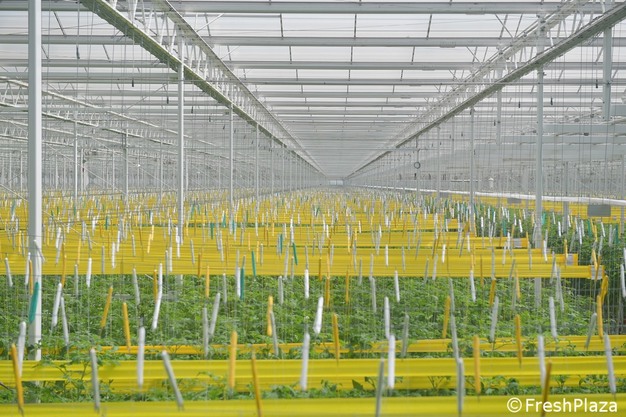 © Cristiano Riciputi | FreshPlaza.com
© Cristiano Riciputi | FreshPlaza.com
Regarding the tourism sector, the Development Project plans to improve the historical agritourism venue "Ai Due Laghi," acquired by Fri-el a while ago. The goal is to transform the venue into a zero-impact tourist and recreational center of excellence.
To counteract the declining population and high aging rate, which makes finding local labor difficult, the Fri-el Group is willing to experiment with territorial welfare policies. These policies include improving transportation between urban centers, the Fri-el Green House production site, and the Ostellato industrial area, as well as renovating abandoned rural areas to encourage new families to settle there and create new jobs. Additionally, the project focuses on linguistic and cultural mediation to foster the full integration of foreign workers.
Lastly, there is an opportunity to develop "green communities," also known as energy communities, through public-private sector cooperation. These communities can modernize inland areas, reverse depopulation, and revitalize fragile regions.
For more information: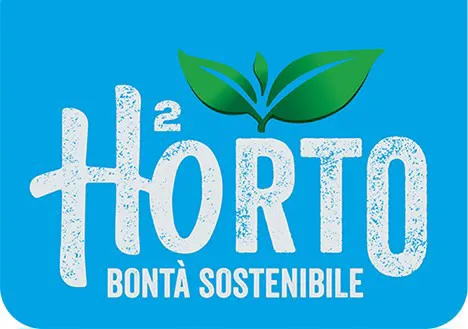
H2ORTO
Via delle Serre, 1
44020 Ostellato (Ferrara) - Italy
+39 0533 57411
www.h2orto.it
